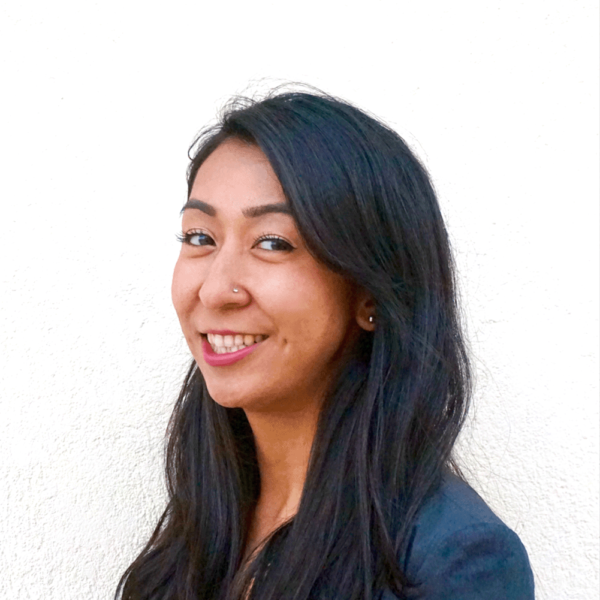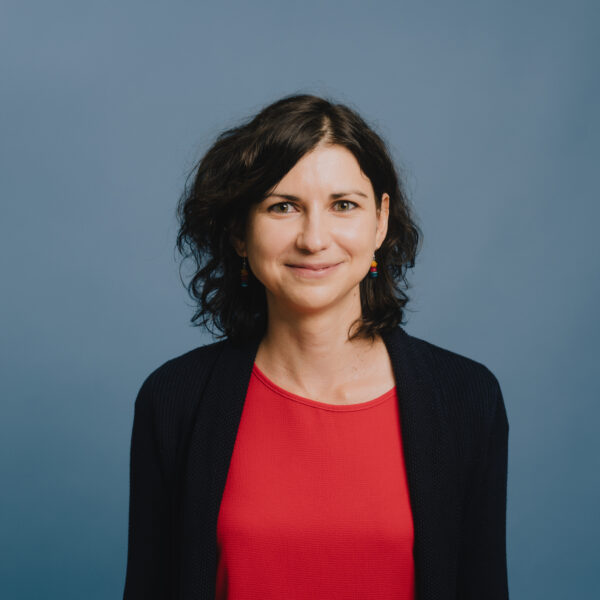Discover and learn from the Solidarity Playbook on cybersecurity
Strengthening cybersecurity
With increased digitalisation (international) civil society organisations – (I)CSOs – have faced an increase in digital threats and cyberattacks carried out by malicious actors interested in financial gains...
Learn MoreCall for Applications: Research Consultant
The Centre is looking for a research consultant to support its Solidarity Action Network (SANE) by capturing three to five case studies looking at how international civil society organisations (ICSOs) and CSOs have dealt with cyberattacks and digital risks. This will be an extension of the Solidarity Playbook – a collection of case studies and best practices on strategies, resilience, and solidarity mechanisms – with a topical focus on cybersecurity.
SANE focuses on strengthening resilience of and solidarity among civil society actors when faced with civic space restrictions or changing operating conditions. It connects organisations across all sub-sectors and brings them into discussions on civic space challenges and opportunities.
The Solidarity Playbook is an integral part of SANE with a focus on collecting case studies and best practices to help other ICSOs respond to undue scrutiny and challenges, and to enable learning on how to act in solidarity with civil society actors, particularly local partners.
The Centre is commissioning a consultant to:
- Review and adjust the existing framework of the Solidarity Playbook case studies to accommodate the topical focus on cybersecurity.
- Conduct desk review and analysis of any written documentation (either publicly available or made available by contributing organisations).
- Conduct interviews with case study partners.
- Produce drafts of three to five case studies in a written form, including executive summary.
- Refine the case studies based on feedback received from the case study partners, the Centre and the CyberPeace Institute.
- Submit final case studies.
Find the full tender and how to apply here
The Centre invites qualified individuals to submit a proposal for the requested services. The application needs to be submitted by 25 July 2022.
If you meet the selection criteria, please submit your application to Eva Gondorová including:
- Cover letter (no more than 3 pages), including:
• A brief description of your experience and expertise in the field that illustrates
your overall qualifications and capabilities for this scope of work, including two
examples of your previous comparable work
• Your consultancy rate (amount in EUR/day) and amount of working days - Your CV
- Two references that can be contacted should you be shortlisted.
Community-Driven Data as a Tool to Foster Equal Rights and Non-Discrimination

The global pandemic has further exacerbated the long-standing structural inequalities and governance weaknesses around the world. As a result, an increasing number of communities are falling further behind the ambitious plan of the Sustainable Development Goals (SDGs) to “leave no one behind.” From 30 May to 3 June 2022, this year’s World Justice Forum brought together hundreds of leaders and experts from a broad spectrum of disciplines and geographies in the Hague to talk about these challenges and find effective measures to build fairer and healthier communities
Michelle Bachelet, High Commissioner for Human Rights, UN echoed:
Justice means equality. Justice means fairness. Justice means accountability, fighting impunity and offering redress. It also means leaving no one behind and leaving no one behind means involving marginalised groups in decision making.
Read reflections from the LNOB Partnership’s working session at WJF
LNOB, World Justice Forum
Chandani Lopez Peralta
Project Manager
International Civil Society Centre
Chandani joined the Centre as a Project Manager in May 2022. She supports the Leave No One Behind Partnership that promotes the collection and use of community-driven data to give voice and agency to marginalised communities. Prior to joining the Centre, Chandani headed communications and outreach at TolaData. In addition, Chandani has coordinated many projects for local and international NGOs, working closely with refugees, individuals with disabilities and other marginalised groups in Nepal, Germany and the US. Chandani holds a master’s degree in International Development and Social Change from Clark University, USA and a B.Sc. in Mass Communications with an emphasis on PR and Advertising from Minnesota State University Moorhead
Navigating cybersecurity: Guidance for (I)CSO professionals

Within the framework of the Solidarity Action Network (SANE), a guidance “Navigating cybersecurity: Guidance for (I)CSO professionals” has been developed to help civil society actors better respond to cybersecurity challenges and digital threats.
The guidance shares lessons learned and best practices from a series of SANE curated conversations on the topics of data protection and security, prevention and mitigation of cyberattacks, and sustainable cybersecurity support for local civil society. It provides steps to better protect organisations online and highlights further relevant resources and initiatives. This guidance addresses (I)CSO professionals across different departments as cybersecurity needs to be everyone’s responsibility.
Download Cybersecurity guidance

Eva Gondor
Senior Project Manager
International Civil Society Centre
Eva leads on the Centre's civic space work - the Solidarity Action Network (SANE) aimed at strengthening resilience of and solidarity among civil society actors, and the International Civic Forum (ICF), our annual civic space platform to network and identify opportunities for collaboration. Prior to joining the Centre she worked at the Robert Bosch Stiftung (Foundation) in Stuttgart where she managed the foundation’s projects focusing on civil society and governance in Turkey, the Western Balkans, and North Africa.




